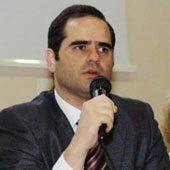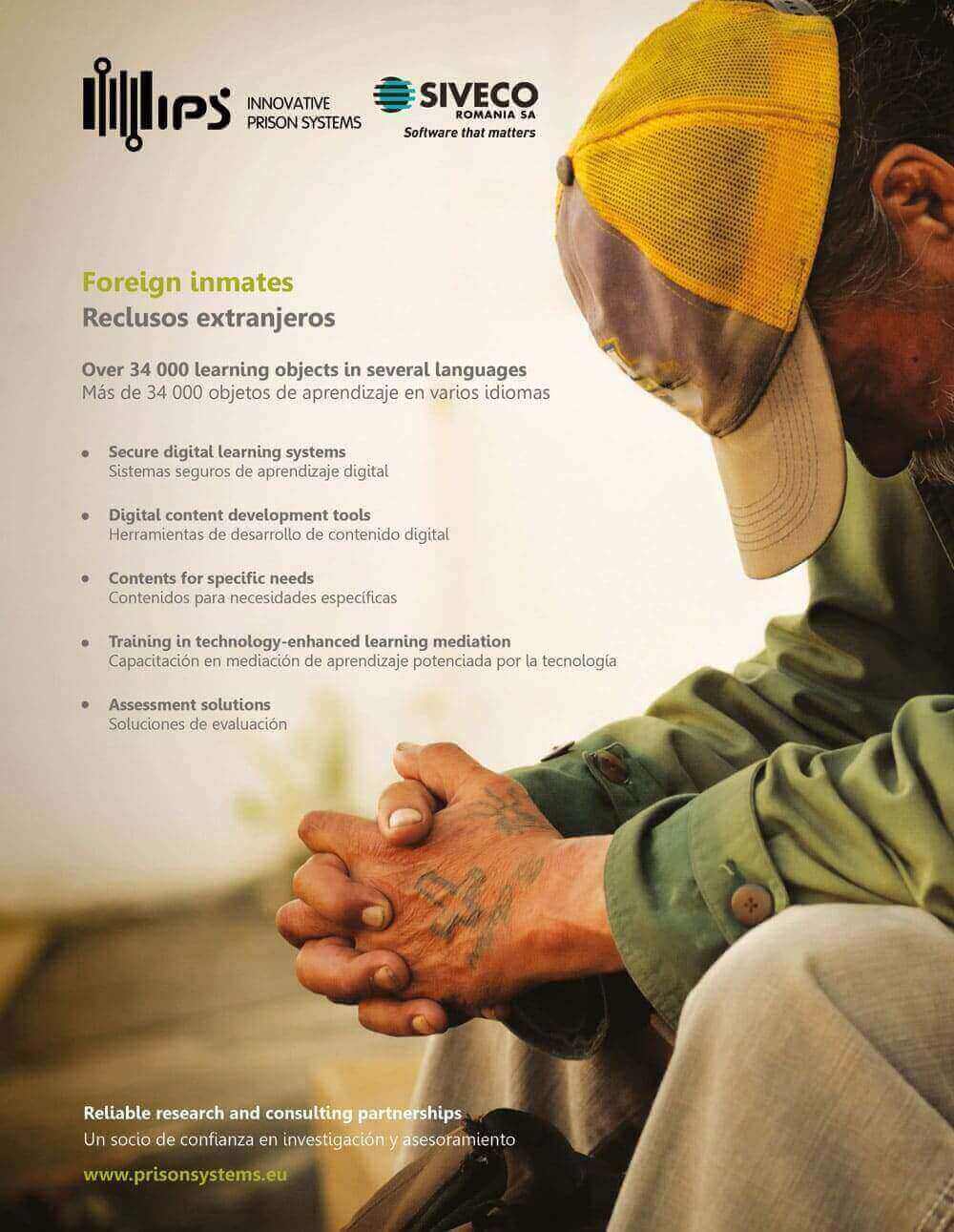According to the statistics of the Council of Europe, the total prison population in the European Union on September 1st 2014 was of 620 540. Around 113 000 were foreigners, the majority of them coming from within the EU. Among foreign inmates, Moroccan citizens are estimated to be the most represented (11 700), followed by Romanian (11 511), Albanian (5 722), Turkish (4 798) and Polish ones (4 449) (1).
Foreign national inmates can be defined as prisoners who do not carry the passport of the country in which they are imprisoned, namely the ones who have resided for a long time in the country in which they are imprisoned without having citizenship granted; the ones who stayed legally for a short period of time in the country in which they are imprisoned; and the ones who travelled from one country to another with the aim of committing an offence.
In some countries, illegal immigration is an offence, and these illegal immigrants can be convicted and locked up in the same prisons where people convicted for internationally recognised criminal offences are detained. While some will reintegrate in the country in which they are detained, others will be returned to their country.
The Council of Europe, the European Union and the United Nations have established legislation concerning the rights of prisoners, and some of them focus on their right to have access to education (e.g., European Prison Rules – Council of Europe, 2006a).
These explicitly emphasize the right of foreign national prisoners to have access to educational programmes (e.g., Council of Europe, 2012). The compliance with this rules and recommendations induces pressure both on foreign detainees, and on prison systems, for a wide variety of factors and motives.
Having difficulties in expressing and understanding the host country language, foreign inmates often face bigger challenges than nationals regarding access, participation and also finding the suitable offers in education and training.
Taking the prison systems side into consideration, the challenges are equally bigger, since it is necessary to provide specific support to a population dispersed amongst several prisons and in their native language. It is also necessary to ensure that learning contents are equivalent to those provided in their countries of origin.
Benefits and outcomes overcome by far the challenges met. Increasing self-esteem and pride, as well as spending time in a useful activity and participating in educational activities has proven to increase inmates’ chances to find a job when they finish their sentences.
Despite these benefits, the FORINER (2) research report, about the educational participation of European citizens detained in a foreign European country (3), shows that the educational offer for foreign European national prisoners is smaller than the one for national prisoners, making the reinsertion process of these inmates (in their host country or country of origin) even more difficult.
Considering the meaningful shortage of educational content addressing inmates, IPS_Innovative Prison Systems and SIVECO Romania have partnered to assist prisons, prison administrations and prison education providers in the implementation of technology-enhanced education solutions, through the delivery of digital contents to inmates serving sentence abroad.
This educational offer, especially directed at foreign nationals imprisoned abroad, comprises near 34 000 assets, in accordance with national education curricula, including 12 761 learning objects and 21 digital books in Romanian; 9 703 learning objects in English; 6 000 learning objects in Arabic; 2 802 learning objects in Russian; 2 456 learning objects in Greek; and 2 456 learning objects in French.
Being exposed to new learning technologies inside prisons, while learning the topics that compose the national education curricula in their country of origin, inmates are being prepared to become future full members of the digital world, where most of us currently live and work.
Does it sound scary? Or difficult? It should be the first reason why we provide education opportunities to people serving sentences in our prisons.
Notes:
(1) “Romania and Morocco have most expats in EU prisons”, article by Michael Bird, Vlad Odobescu, Cecilia Ferrara and Sigute Limontaite published at the EU Observer, 1st November 2016
(2) The FORINER project is funded by the European Commission and aims to provide foreign European national prisoners in European prisons with access to qualitative, low threshold, certified learning opportunities
(3) Research report about the educational participation of European citizens detained in a foreign European country, by Dorien Brosens, Liesbeth De Donder and FORINER partners, Published in 2016, Brussels, Vrije Universiteit Brussel
//

Tiago Leitão is a board member at IPS_Innovative Prison Systems. Holding a degree in social work and an MBA, he has been involved in project management, consulting, social innovation and reintegration for more than 15 years. Besides his involvement in different innovative project assignments with IPS_Innovative Prison Systems, Tiago is also chairman of the non-governmental organisation APROXIMAR.
Advertisement



